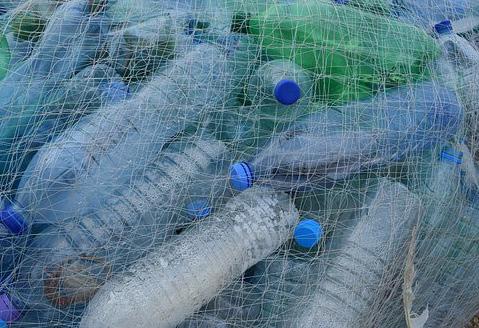INDUSTRIAL SYMBIOSIS
AMPLIFYING MPUMALANGA’S JOURNEY TOWARDS A The Mpumalanga Green Economy Development Plan aims to change the province’s economy from relying on coal-based energy to one boasting biomassbased energy, sustainable agriculture, tourism and ecoconscious towns by 2030.
T
he Mpumalanga province is one of the primary homes of South Africa’s fossil fuel energy economy. The region faces a multitude of socio-economic and environmental challenges arising from resource-intensive economic activities. The region also currently suffers from high levels of unemployment, inequality and poverty as pressure mounts to transition away from a coal-based economy. Under the leadership of the Mpumalanga Department of Economic Development and Tourism (DEDT), the National Cleaner Production Centre of South Africa (NCPC-SA) established the Circular Economy Cluster as part of the Mpumalanga Green Cluster Agency.
Creating opportunities Working together with GreenCape and the international development finance community, the cluster will focus on unlocking economic opportunities in the green economy, making a contribution to regional economic diversification and job creation efforts. Lee-Hendor Ruiters, manager: Resources, Strategy and Innovation
green economy
at NCPC-SA, says the cluster will be a vehicle through which circular economy initiatives and projects are established and realised. “The cluster aims to support small businesses to identify economic value in the repurposing, reusing and remanufacturing of waste streams, with a focus on the agricultural, energy and water sectors. This will ultimately contribute new investment opportunities to be fed into the overarching Mpumalanga Green Cluster Agency.” Mpumalanga’s Green Cluster Agency is a system of economic activities related to the production, distribution and consumption of goods and services that result in improved human well-being over the long term.
Prioritising circularity Sandile Khumalo, project manager at NCPC-SA, says the biggest aim is to develop a platform where discussions can be had around how circularity can be prioritised in the province. “It will bring together a collection of stakeholders who have influence in the Mpumalanga circular economy. Once that platform has been developed, it will promote discussion and collaboration among the impactors.” Khumalo asser ts that the cluster will also promote projects that have a direct impact on the development of the province’s circular economy. “The green economy, in particular, lends itself to collaborative ecosystem-building approaches and, through the cluster, we will be able
to develop investment-ready opportunities,” adds Ruiters. NCPC-SA started working in the province in 2018 by implementing the Mpumalanga Industrial Symbiosis Programme. This was done in collaboration with the DEDT and, as time went on, the programme also started looking at the province’s circularity. When the cluster was established, NCPC-SA assumed the secretariat role within the cluster and was also part of its establishment. The first stakeholder engagement was held on 31 May 2021 in partnership with GreenCape and the purpose was to engage circular economy stakeholders in the province and other relevant organisations to share information on their activities and projects. Both Ruiters and Khumalo conclude that the cluster will help to not only identify circular economy projects but will also be able to procure funding for these projects. This will require feasibility studies to be conducted for potential projects and a broader study to identify more economic opportunities in key sectors supported by the cluster. “For NCPC-SA, this is a unique role we are playing and we are very excited to see the cluster grow. In order to see the uptake of circular business models that contribute to much-needed economic growth, we’ve realised the importance of building on the foundation that has been laid through our resource efficiency and cleaner production support over the past 20 years since our establishment,” concludes Ruiters.
FEBRUARY 2022
|
ReSource
29


















